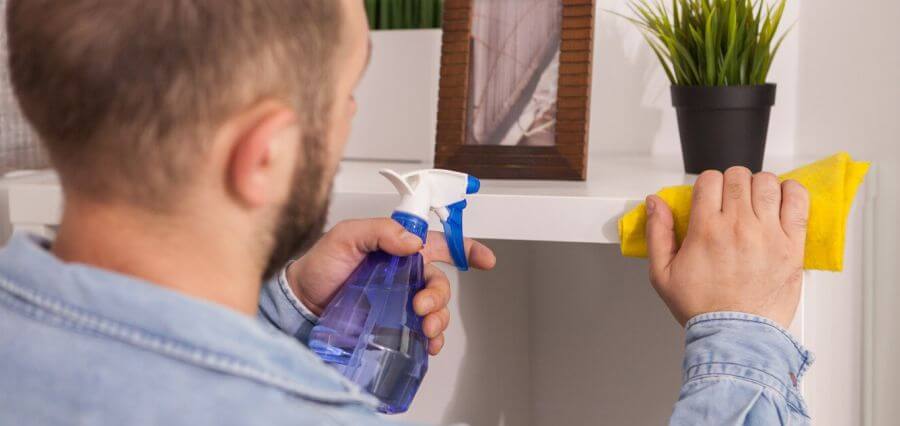Mosquitoes are one of the most annoying and dangerous pests that can invade our homes. They not only leave itchy bites, but also carry diseases like malaria, dengue fever, and Zika virus. As a result, it is important to have effective mosquito control methods in place.
When it comes to indoor mosquito control, there are two main options: natural and chemical methods. Both have their pros and cons. So, it is important to understand them to choose the best method for your specific situation.
Natural Mosquito Control
Natural mosquito control methods use natural substances or elements to repel or kill mosquitoes. These methods are often preferred by those who want to avoid using harsh chemicals in their homes. Here are the advantages and disadvantages of natural indoor mosquito control methods:
Safe for Humans and Pets
One of the biggest advantages of natural mosquito control methods used by companies such as https://www.envirogpc.com for indoor pest control is that they are safe for humans and pets. Most natural substances used for this purpose do not have any harmful side effects and can be used around children and animals. This includes essential oils.
Environmentally Friendly
Another advantage of natural mosquito control methods is that they are environmentally friendly. They do not release harmful chemicals into the air or water. Thus, making them a more sustainable choice for pest control.
Can Be Less Effective
One of the main disadvantages of natural mosquito control methods is that they may not be as effective as chemical methods. Natural substances may not have the same strength and potency as chemical pesticides. Thus, leading to less effective results.
May Need Frequent Application
Since natural mosquito control methods may not be as potent, they may need more frequent application compared to chemical methods. This can be time-consuming and also lead to higher costs in the long run.
Chemical Mosquito Control
Chemical alternatives involve the use of pesticides or insecticides to repel or kill mosquitoes. These products are usually highly effective, but also come with their own set of pros and cons:
Stronger and More Effective
One of the main advantages of chemical mosquito control methods is that they are usually stronger and more effective at eliminating mosquitoes. They can kill large numbers of mosquitoes. Thus, making them a popular choice for those dealing with severe infestations.
Potential Health Risks
The biggest disadvantage of chemical mosquito control methods is the potential health risks they may pose to humans and pets. Many pesticides contain toxic chemicals that can cause harm if ingested or inhaled, making them a concern for those with respiratory issues or young children.
Harmful to the Environment
Chemical mosquito control methods are also harmful to the environment. These chemicals can contaminate water sources, harm beneficial insects, and disrupt the natural balance of ecosystems.
May Lead to Resistance
Over time, mosquitoes can develop resistance to certain chemical pesticides, rendering them ineffective. This may require frequent switching of products or using a combination of chemicals to continue seeing results.
Choose the Right Indoor Mosquito Control Method with this Guide
Both natural and chemical mosquito control methods have their advantages and disadvantages. It is important to carefully consider your specific situation and needs to choose the best indoor mosquito control method for your home.
So, whether you opt for a natural or chemical approach, make sure to take the necessary precautions and consult with a professional if needed. Choose wisely and enjoy your mosquito-free home!
Is this article helpful? Keep reading our blog for more.


